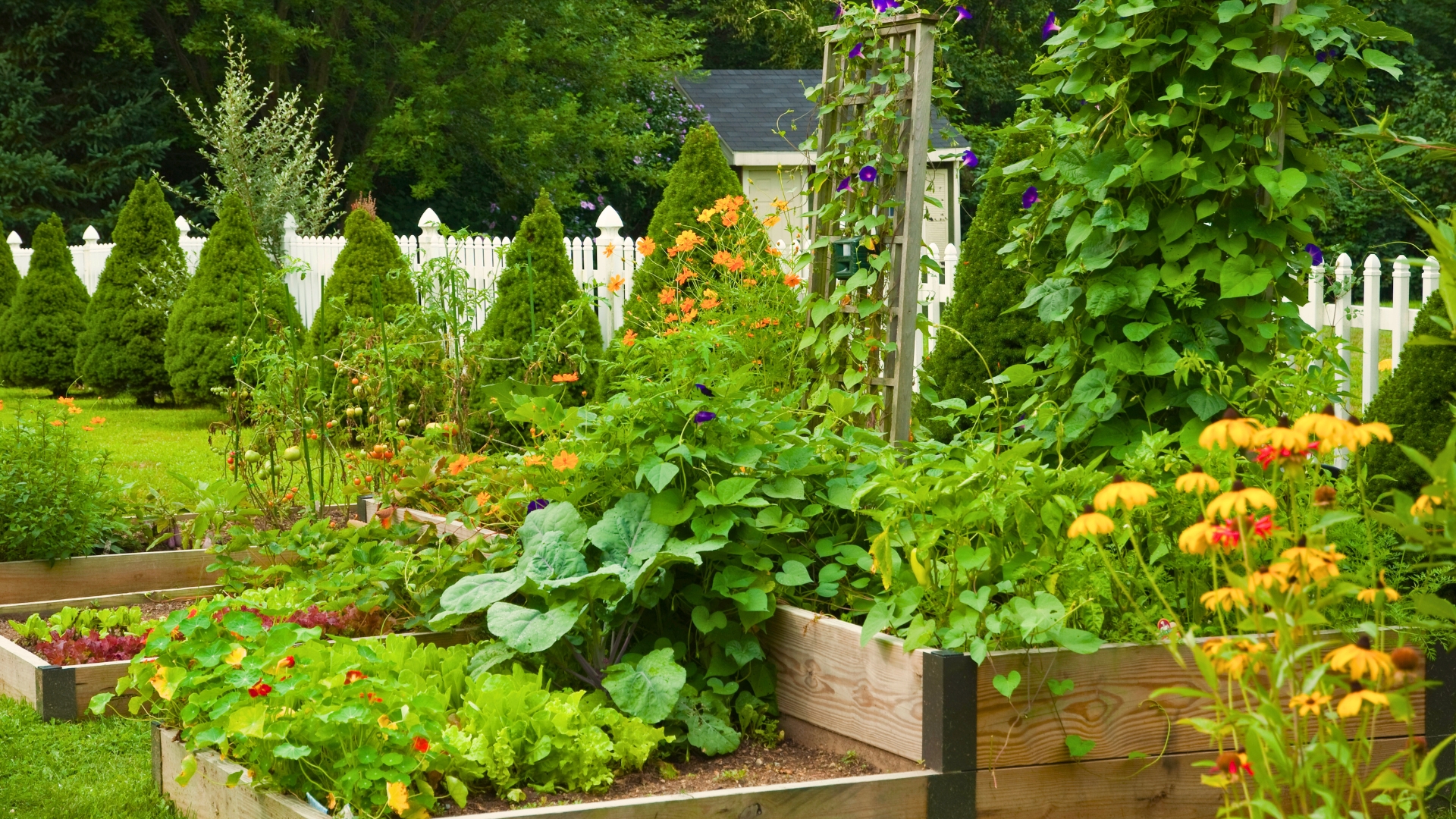Avoid These 15 Rookie Mistakes When Starting Your First Vegetable Garden
Starting your first vegetable garden can be exciting, but it’s easy to make a few rookie mistakes along the way. I’ve rounded up 15 common missteps to help you avoid some growing pains.
With a little guidance, you’ll be on your way to a thriving garden in no time. Don’t worry, we’ve all been there, and I’m here to help you get it right from the start.
Ready to dig in and grow your best garden ever? Let’s get started!
1. Choosing the Wrong Location
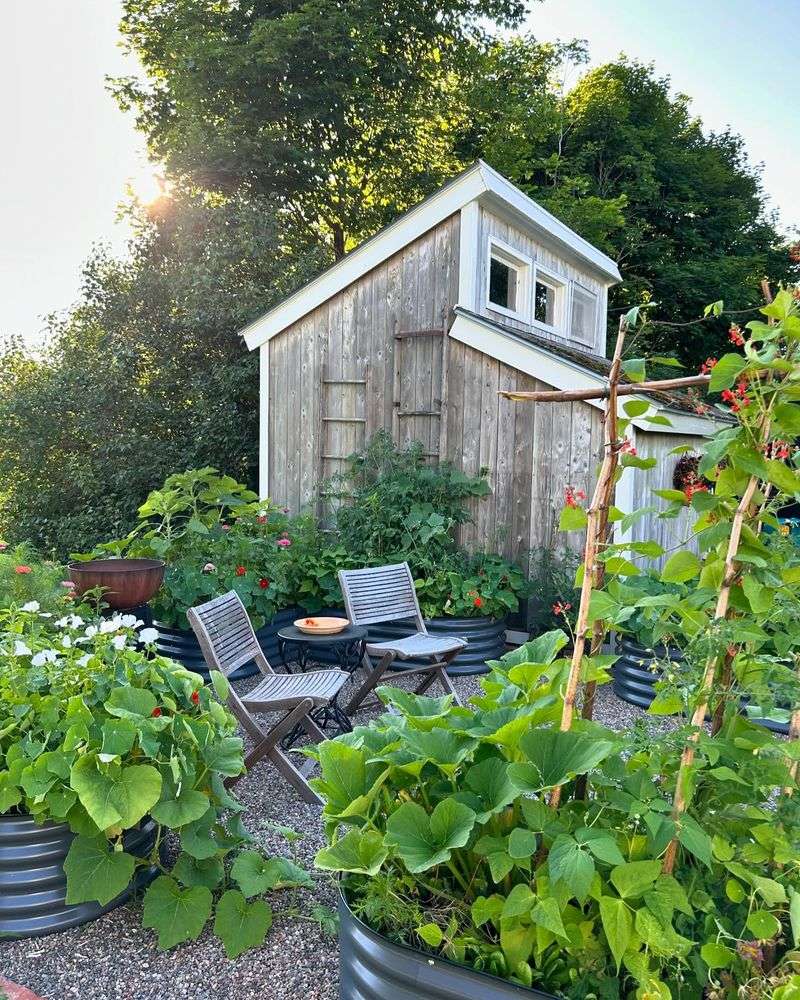
Location, location, location! In the world of gardening, where you plant your veggies can make or break your success. Vegetables need plenty of sunlight, at least six hours a day. Toss them in the shade, and you’re likely to yield spindly plants with little produce.
Look for a spot that’s not just sunny but also has good drainage. Avoid areas that collect water after rain. A gentle slope or slightly elevated spot works wonders, allowing excess water to escape, saving your plants from drowning.
2. Overcrowding Plants
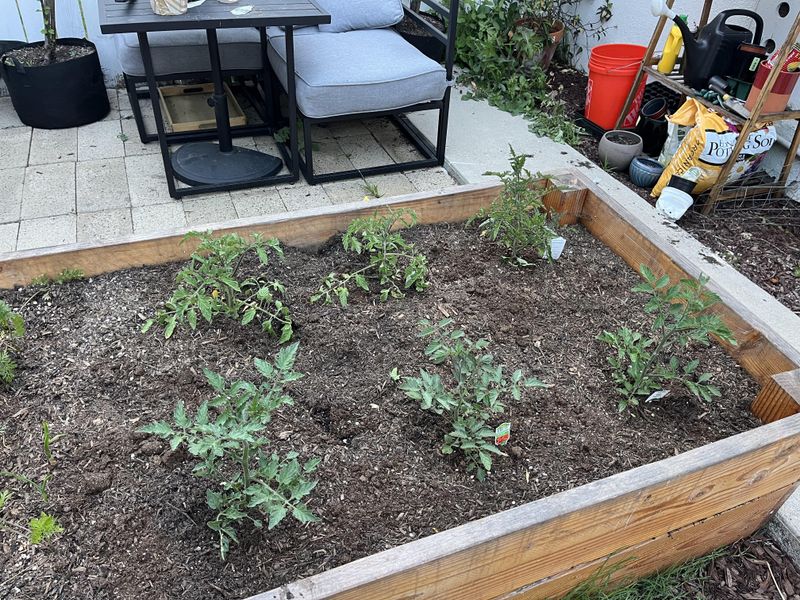
Ever been to a concert where everyone’s packed like sardines? That’s what overcrowded plants feel like! Each plant needs its personal space to thrive, soak up nutrients, and bask in the sun.
When seedlings are too close, they compete fiercely, leading to stunted growth and poor yields. Pay attention to spacing recommendations on seed packets or plant labels. Remember, plants grow, and what seems like a small space now will be cramped chaos later.
3. Ignoring Soil Quality
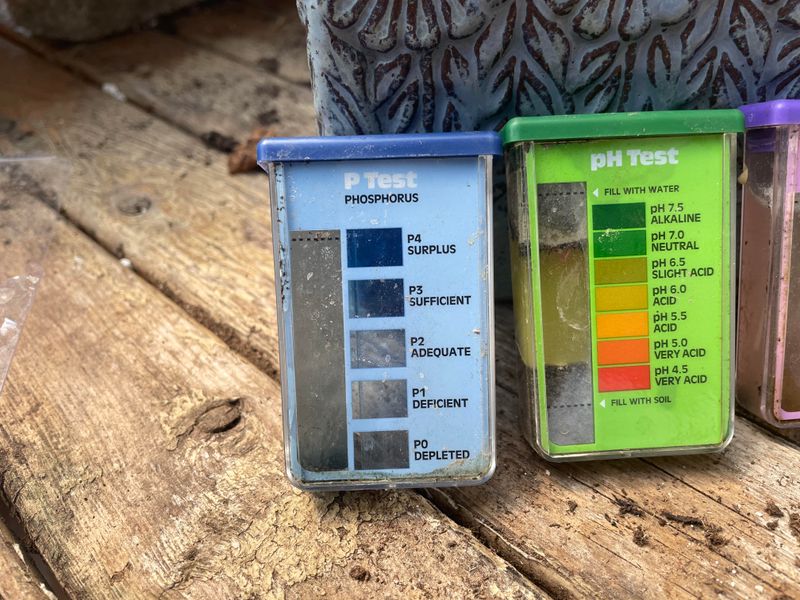
You wouldn’t build a house on a shaky foundation, would you? The same logic applies to your garden. Healthy soil is the cornerstone of a fruitful vegetable plot. Neglecting soil quality can lead to poor growth and disease.
Test your soil’s pH and nutrient levels before planting. Amend it with compost or organic matter to enhance fertility and structure. Rich, well-draining soil is key to robust plants and tasty veggies.
4. Skipping Crop Rotation
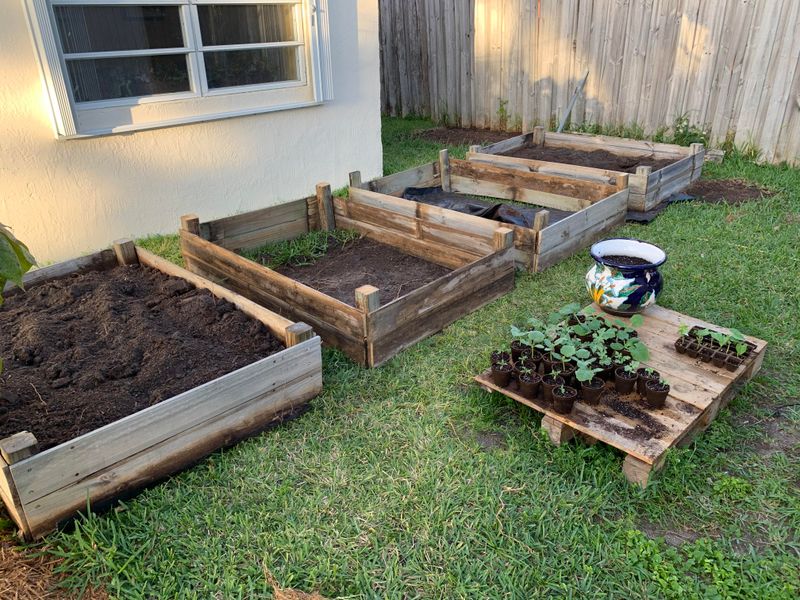
Crop rotation isn’t just for large farms; it’s crucial for home gardens too! Planting the same crop in the same place each year invites pests and depletes nutrients.
By rotating your plants, you balance soil nutrients and break pest cycles. Try not to plant similar families in the same spot consecutively. A little planning goes a long way in keeping your garden healthy and productive.
5. Overwatering Your Garden
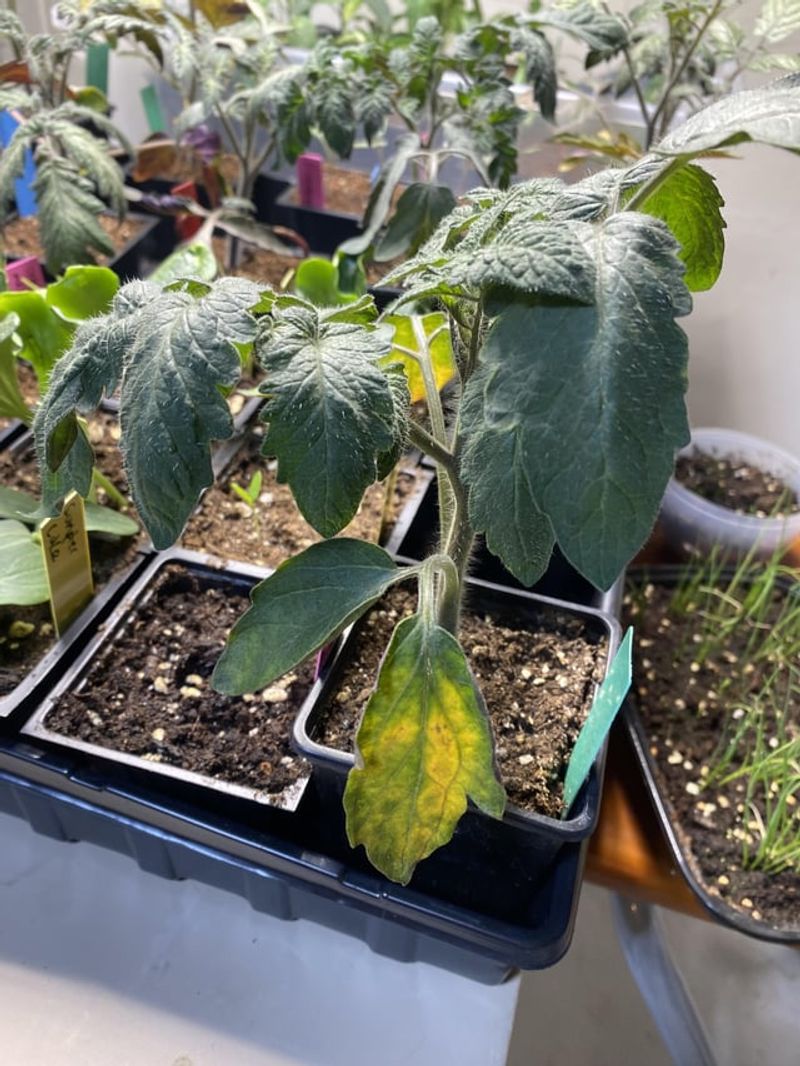
More isn’t always better! Overzealous watering can suffocate plants and promote root rot. While veggies need water to thrive, drowning them is a common rookie mistake.
Check the soil’s moisture before reaching for the hose. If it feels dry an inch below the surface, it’s time for a drink. Consistency is key – aim for deep, infrequent waterings rather than shallow, frequent ones.
6. Neglecting Pest Control
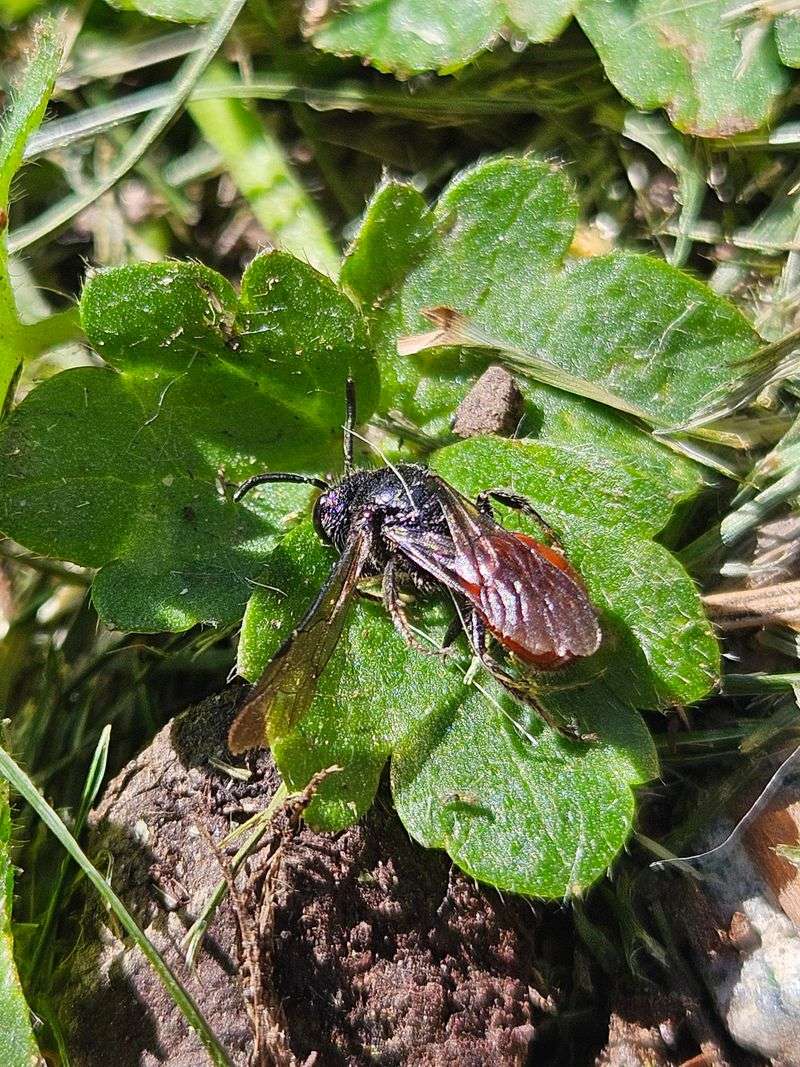
While your garden grows, pests are plotting their feast. Ignoring pest control can lead to a decimated crop. It’s essential to be proactive.
Regularly inspect your plants for signs of trouble like holes in leaves or unusual discoloration. Introduce natural predators like ladybugs, and consider organic pest control methods. A vigilant eye can save your harvest from hungry invaders.
7. Not Mulching
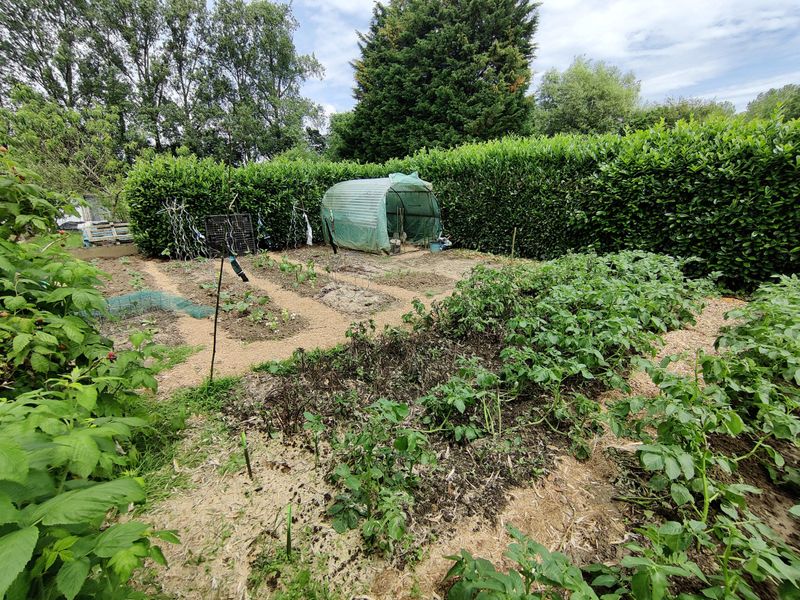
Mulch is like a cozy blanket for your garden, and skipping it can lead to a host of problems. It helps retain moisture, suppress weeds, and regulate soil temperature.
Choose organic mulches like straw, wood chips, or shredded leaves to nourish the soil as they decompose. Your plants will thank you with healthier growth and fewer weeds competing for nutrients.
8. Planting at the Wrong Time
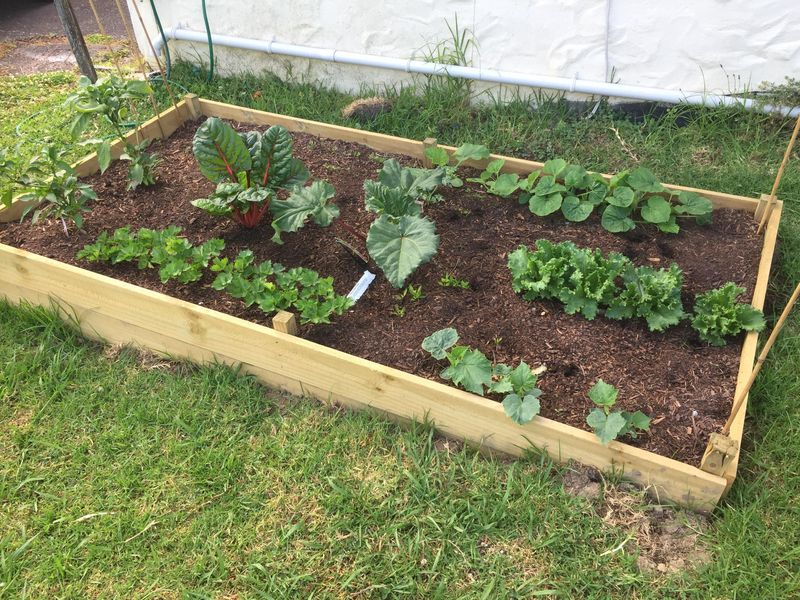
Timing is everything in gardening. Planting too early or late can be disastrous, as each vegetable has its own preferred growing season.
Refer to local planting guides or seed packets to determine the best time to sow seeds. Planting at the wrong time can lead to poor germination, frost damage, or heat stress. Give your plants the best start by aligning with nature’s calendar.
9. Ignoring Companion Planting
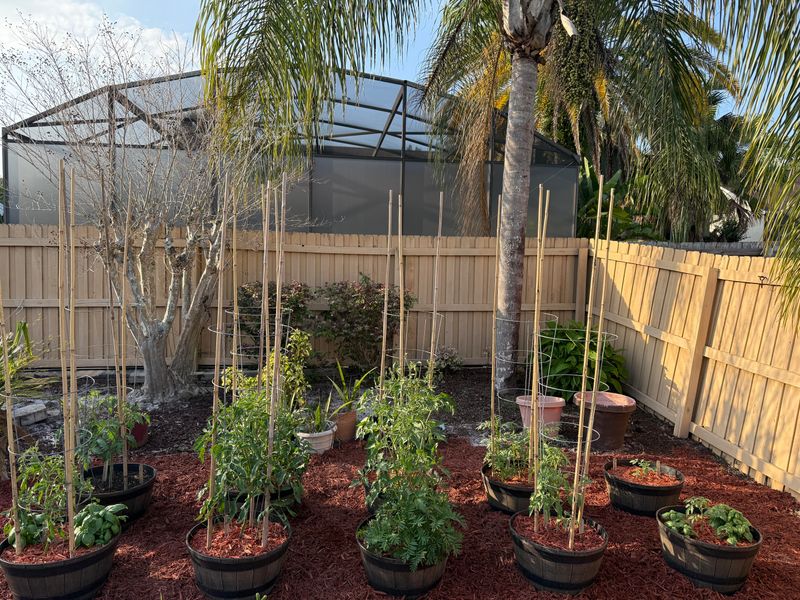
Companion planting is a gardener’s secret weapon. It involves growing plants that benefit each other, boosting growth and deterring pests. Ignoring it means missing out on natural synergies.
For example, planting basil near tomatoes can enhance flavor and repel pests. Research companion combinations to create a harmonious and thriving garden. It’s like matchmaking for plants!
10. Neglecting Weeding Duties
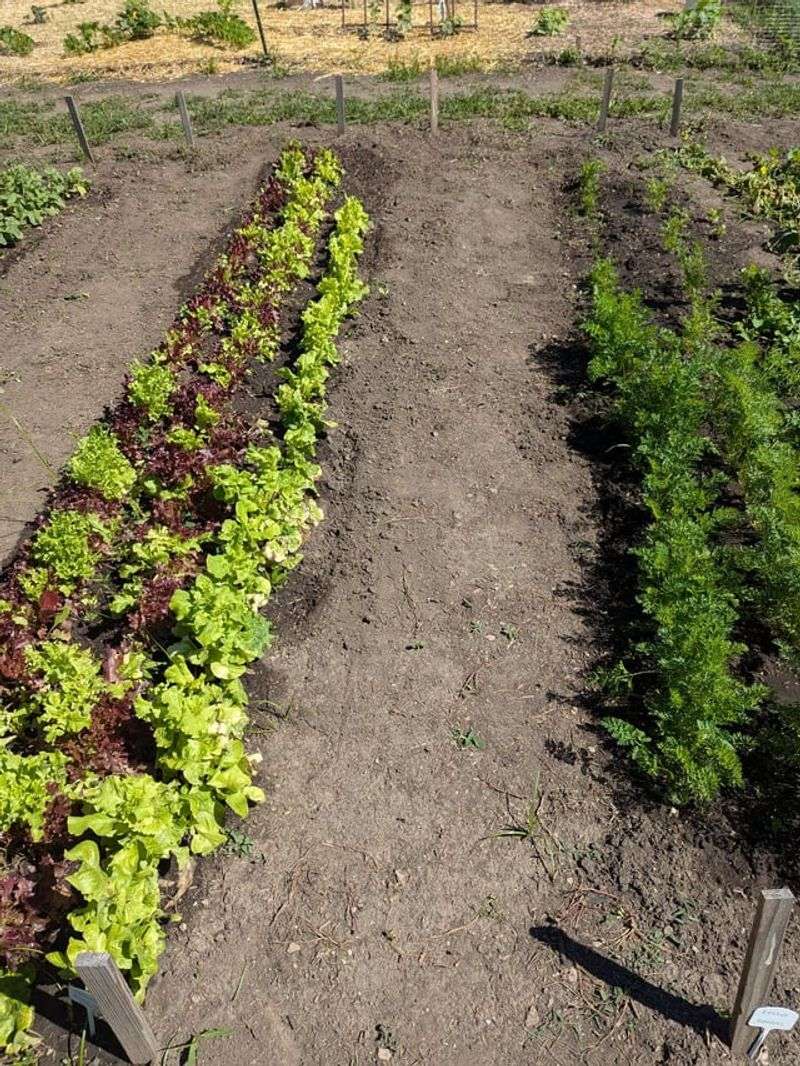
Weeds, the uninvited guests in your garden party, can choke out your vegetables if left unchecked. Regular weeding is crucial to prevent them from stealing nutrients and sunlight.
Tackle weeds when they’re small, and mulch around plants to suppress their growth. A little effort goes a long way in keeping your garden neat and your veggies flourishing.
11. Using Chemical Fertilizers Excessively
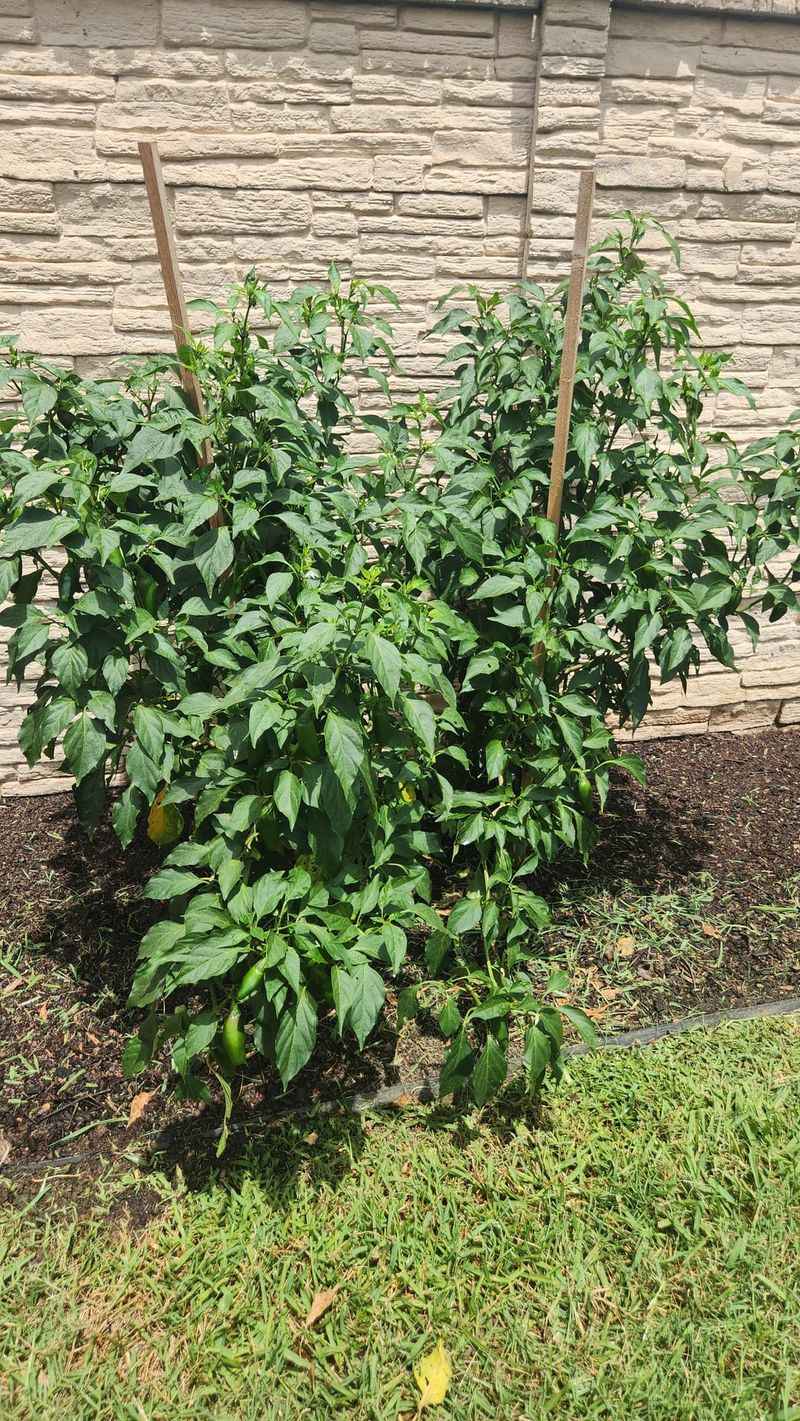
In the quest for lush veggies, it’s easy to go overboard with chemical fertilizers, but moderation is key. Overuse can lead to nutrient imbalances, harming plants and soil.
Opt for organic fertilizers or compost, which release nutrients slowly and improve soil health. Remember, a little fertilizer goes a long way in nurturing a productive and sustainable garden.
12. Not Labeling Plants
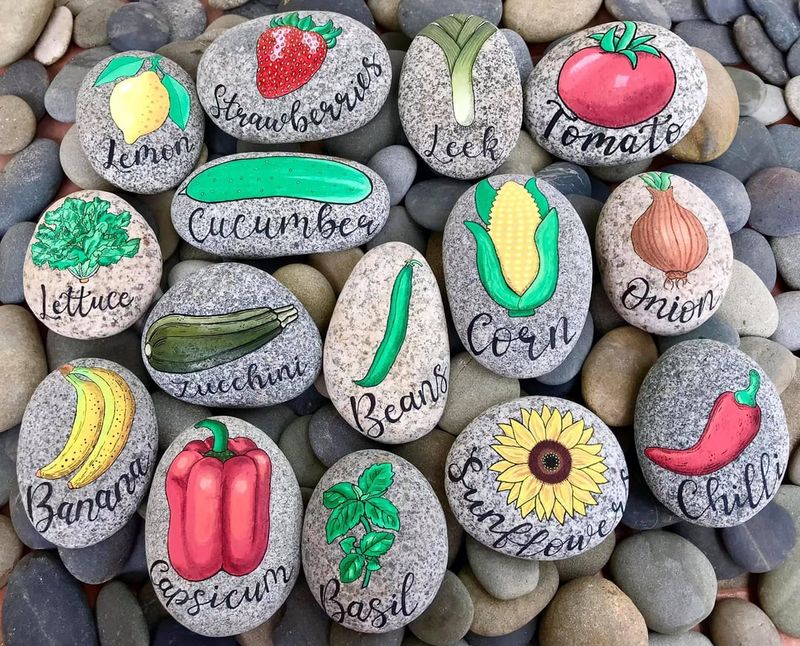
Ever forgotten which seeds you planted where? Not labeling plants can lead to confusion, especially with similar seedlings.
Use durable markers and labels to identify each plant. Labeling helps in tracking growth and managing specific needs. Plus, it’s a fun way to personalize your garden space!
13. Ignoring Plant Diseases
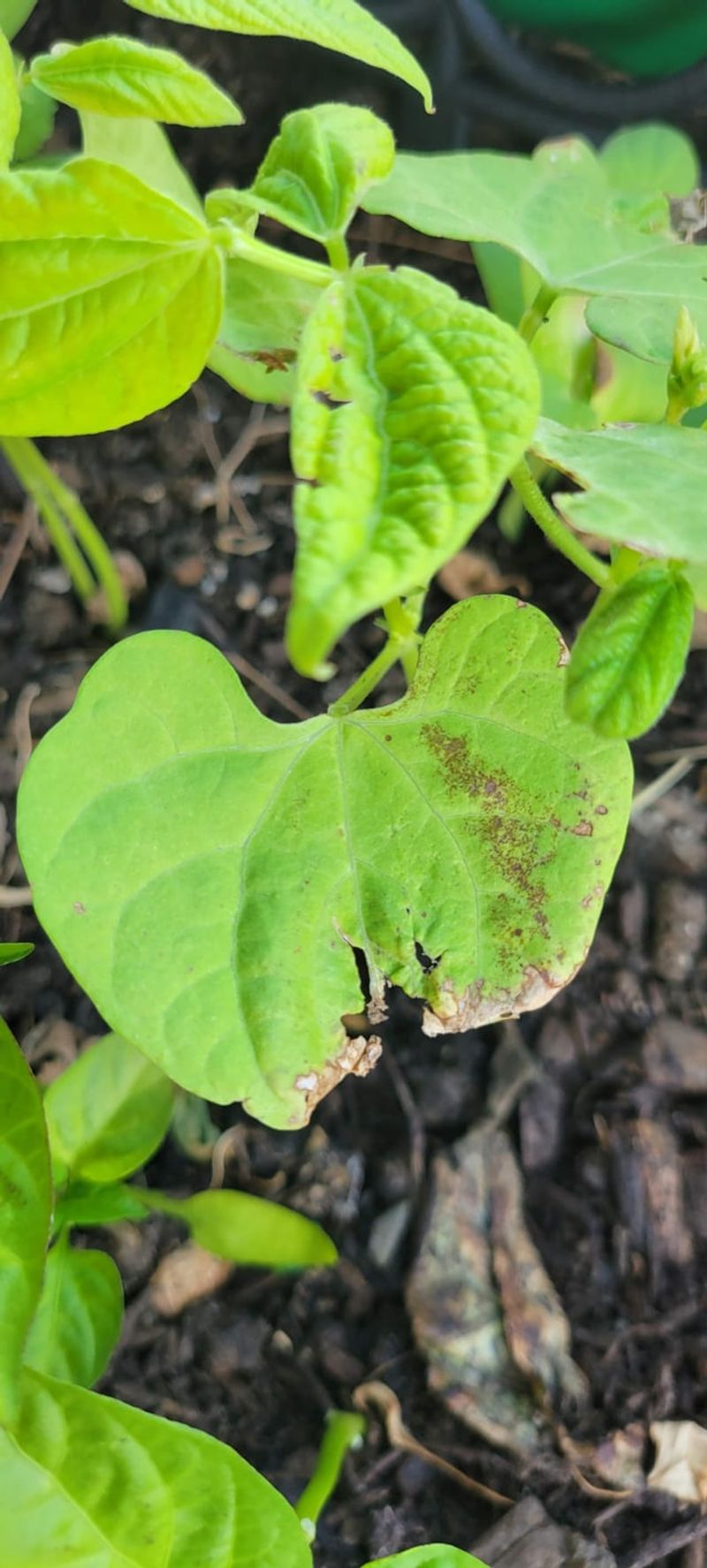
Plant diseases can sneak up on you, and ignoring them can devastate your garden. Early detection is crucial to manage and prevent spread.
Inspect plants regularly for symptoms like spots, wilting, or discoloration. Remove affected foliage and use disease-resistant varieties when possible. Staying vigilant helps maintain a healthy garden environment.
14. Planting Without a Plan
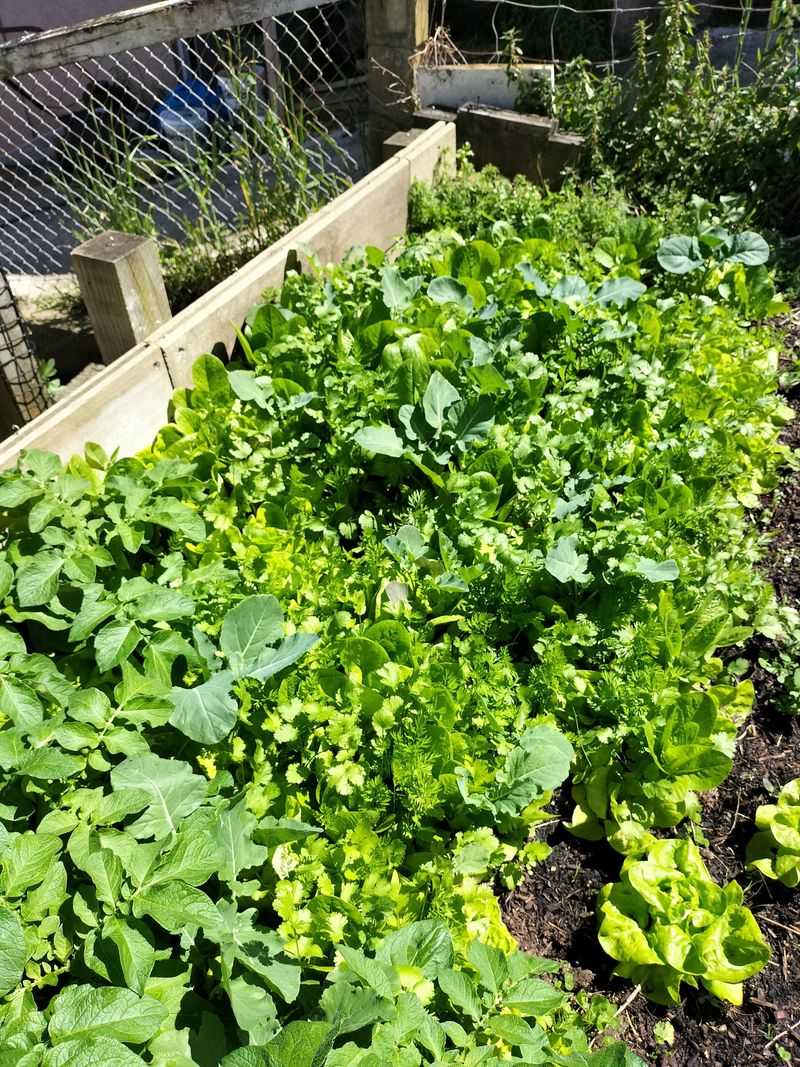
Jumping into gardening without a plan can lead to chaos. Thoughtful planning ensures each plant has the right conditions to flourish.
Sketch a layout before planting, considering sunlight, water access, and mature plant sizes. A well-organized garden is easier to manage and more productive.
15. Underestimating Maintenance Needs
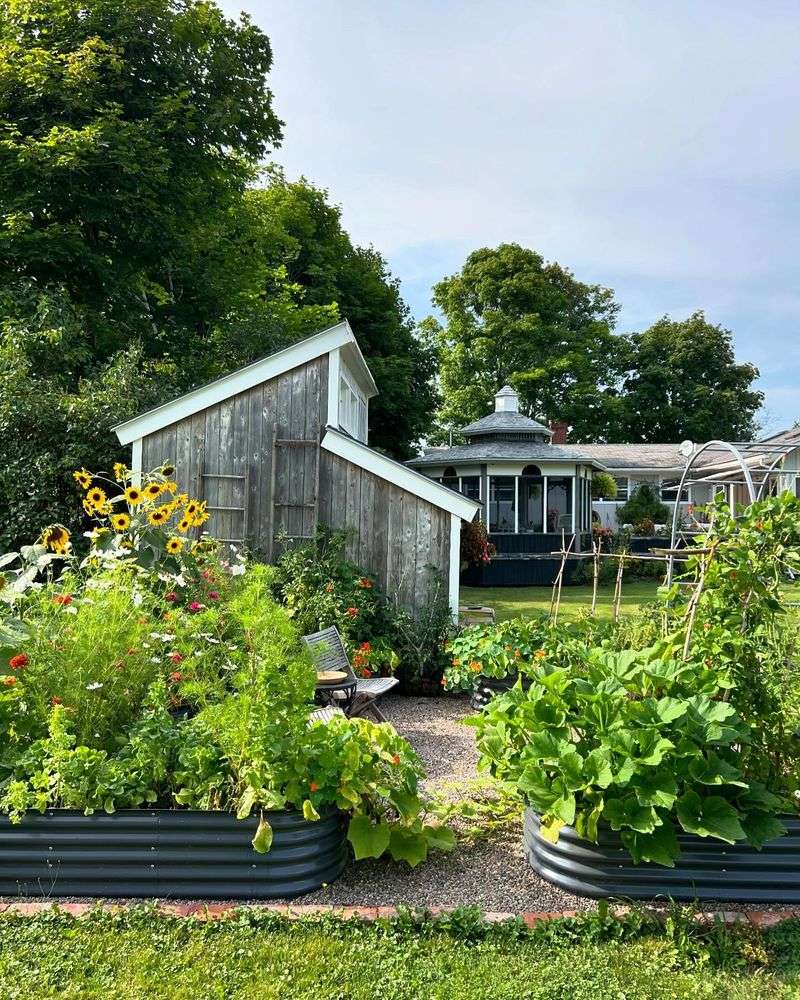
Gardening isn’t just about planting; it’s about nurturing, too. Underestimating maintenance needs can result in an untidy, underperforming garden.
Regular tasks like watering, pruning, and monitoring for pests are essential. Dedicate time each week to tend to your garden, and it will reward you with vibrant growth and delicious harvests.

